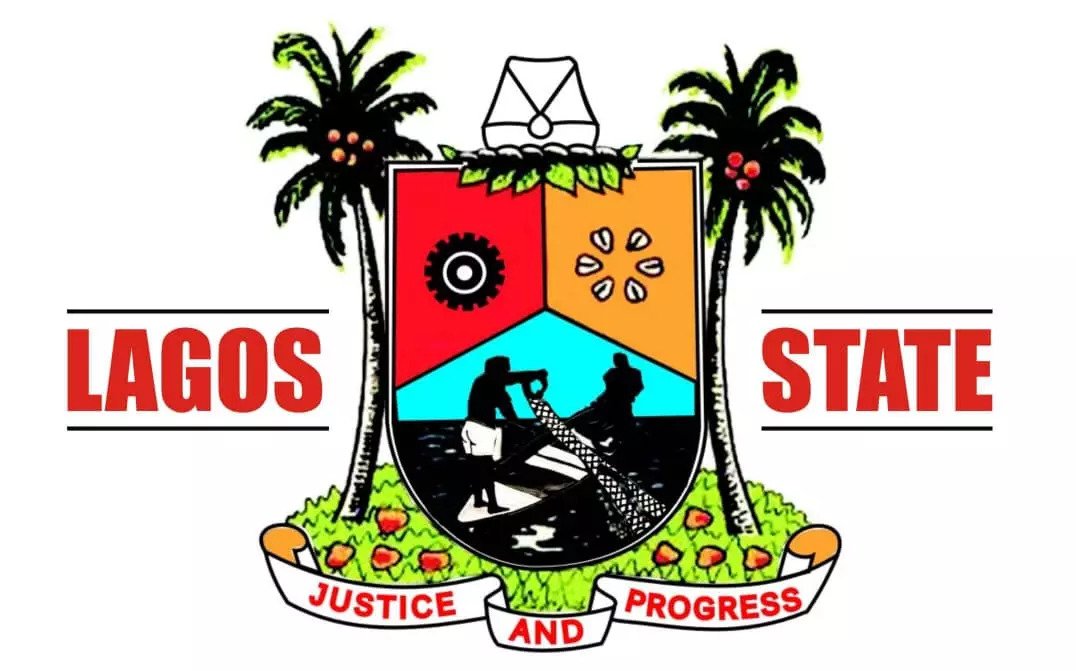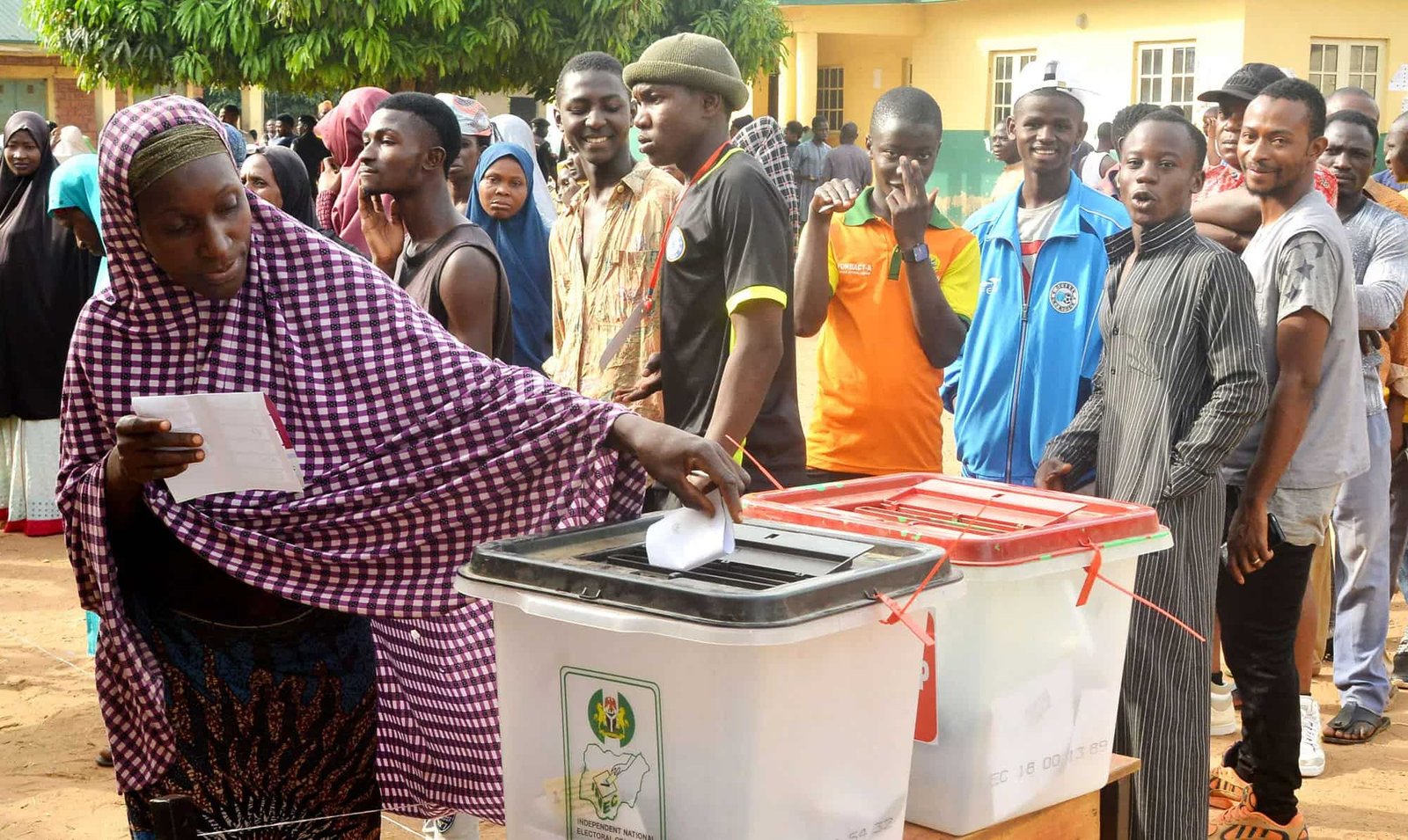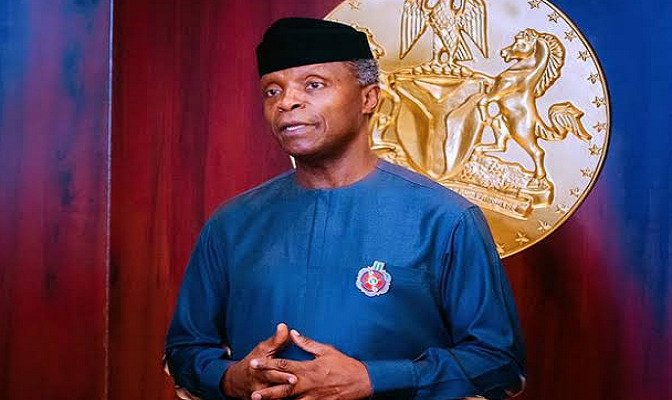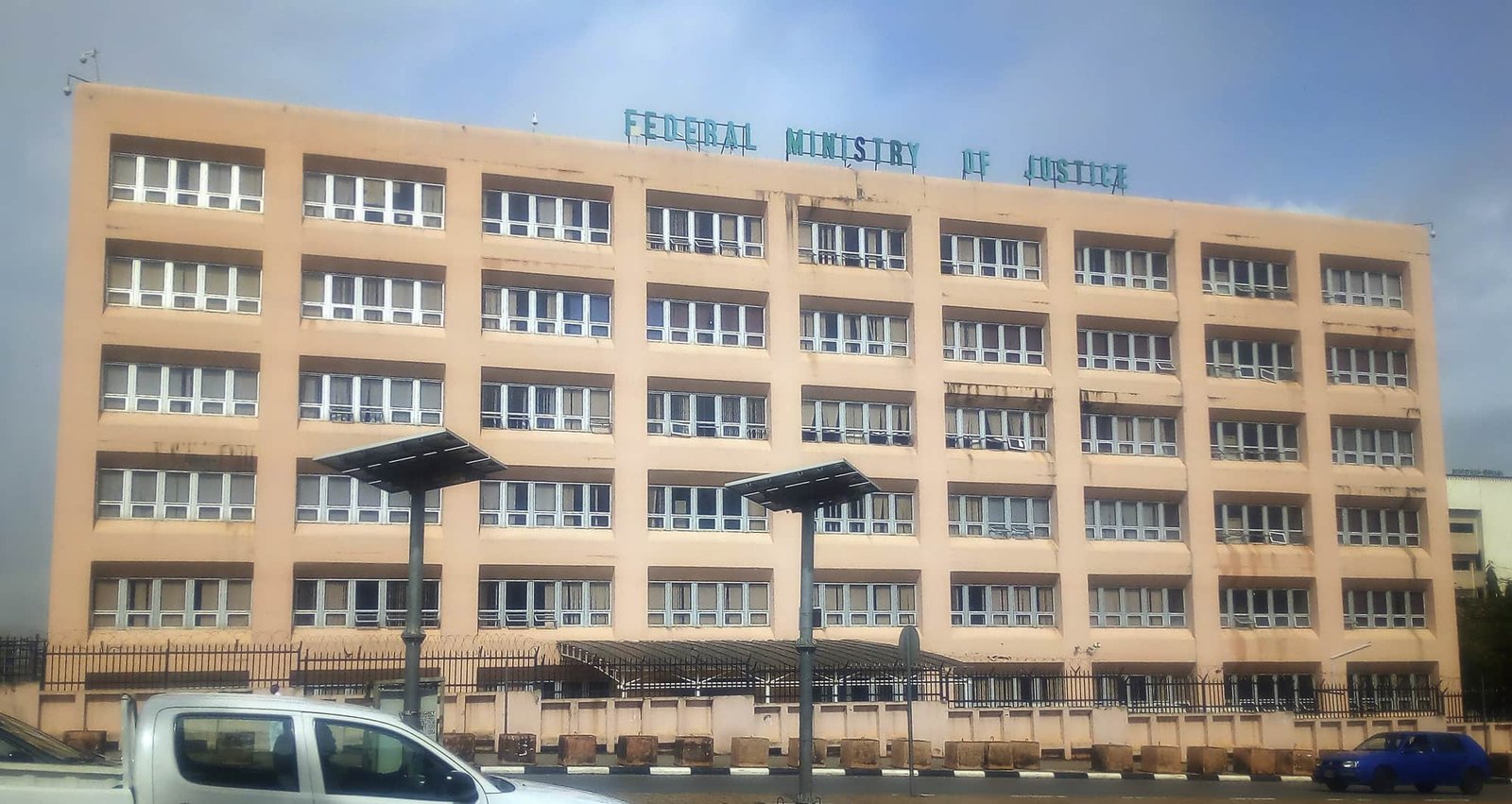Names Of Nigeria Senate Presidents From 1960 Till Date

What are the names of Nigeria Senate Presidents since independence? How many Senate presidents do we have in Nigeria? Who is the first female deputy senate president in Nigeria? What is the name of the Deputy Senate President? Who is the longest-serving senator in Nigeria? How many senators are there in the Senate? Who is the first female elected senator in Nigeria? Who is the head of the Senate in Nigeria?
See Also: Salary Of Nigerian Governors, Deputy, Ministers, Senators
The President of the Nigerian Senate and the Deputy President of the Nigerian Senate both have a four-year renewable once tenure to occupy that seat in the Senate, after which they return to the floor as a member only.
The Senate Presidents of Nigeria: A Journey Through History
Nigeria, a country known for its rich political history, has witnessed several notable figures occupying the prestigious position of Senate President. Below, we will take a fascinating journey through time, exploring the unique experiences and achievements of these remarkable individuals.
Nwafor Orizu: A Trailblazer
Nwafor Orizu holds the distinction of being the only Senate President of Nigeria to ascend to the presidency through the constitutional order of succession. Despite his brief tenure, Orizu’s impact on the political landscape cannot be overstated. Unfortunately, he was later forced to hand over power to the Aguiyi-Ironsi military junta.
Ameh Ebute: A Brief Stint
Ameh Ebute’s time as Senate President was short-lived, serving less than 17 days before the Senate was dissolved by General Sani Abacha in November 1993. Though his tenure was brief, Ebute’s contribution should not be overlooked.
Evan Enwerem: A Pioneering Leader
Evan Enwerem, the first civilian former governor to become the President of the Senate, brought a unique perspective to the position. His experience as a governor provided him with valuable insights into governance and policy-making.
Anyim Pius Anyim: A New Generation
Anyim Pius Anyim holds the distinction of being the first Senate President born after Nigeria’s independence. His birth on 19 February 1961 marked a new era of leadership, representing the aspirations and dreams of a younger generation.
Benue State: A Hub of Senate Presidents
Benue State stands out as the only state to have produced three Senate Presidents: Iyorchia Ayu, Ameh Ebute, and David Mark. Additionally, Benue South is the only district to have produced two Senate Presidents, Ameh Ebute, and David Mark. These remarkable achievements highlight the political prowess of Benue State.
David Mark: A Legacy of Service
David Mark, the first and only retired military general to become Senate President, left an indelible mark on Nigerian politics. His exceptional leadership skills were evident in his record-breaking tenure as the longest-serving Senate President from 2007 to 2015.
Bukola Saraki: A Global Perspective
Bukola Saraki, born in London, United Kingdom, became the first Nigerian Senate President not born in Nigeria. His unique background and global perspective brought a fresh approach to the position, ushering in new ideas and perspectives.
Let’s now see all the names of Nigeria Senate Presidents both past and present, as well as their deputies.
List Of Nigeria Senate Presidents
Nnamdi Azikiwe: 1960 (NCNC)

First on the names of Nigeria Senate Presidents is Nnamdi Benjamin Azikiwe. Zik was not only the first President of Nigeria but also the first President of the Senate of Nigeria.
Dennis Osadebay: 1960–1963 (NCNC)

In 1960, Osadebay became the president of the Nigerian Senate and upon the creation of the Mid-Western Region in 1963, he became the pioneer premier of the newly created region, which is the now-defunct Mid-Western Region of Nigeria, which now comprises Edo and Delta State.
Nwafor Orizu: 1963–1966 (NCNC)

Nwafor Orizu was the only Nigerian Senate President during the first republic ever to ascend to the Nigerian presidency through the constitutional order of succession. He was later forced to hand over power to Aguiyi-Ironsi’s military junta.
Joseph Wayas: 1979–1983 (NPN)

After General Olusegun Obasanjo returned civilian rule in Nigeria in 1979, Joseph Wayas became Senate president under the platform of the National Party of Nigeria (NPN), representing the Ogoja senatorial district. Wayas was forced out of office along with other members of the Shagari administration when General Muhammadu Buhari staged a coup on New Year’s Eve in 1983.
Iyorchia Ayu: 1992–1993 (SDP)

The Gboko born politician was elected Senator in the Third Republic on the platform of the Social Democratic Party (SDP) and became Senate President. In November 1993, the Senate impeached Ayu, who was a strong opponent of the Interim National Government established after the elected president Moshood Kashimawo Olawale Abiola had been prevented from taking office.
Ameh Ebute: 1993 (SDP)
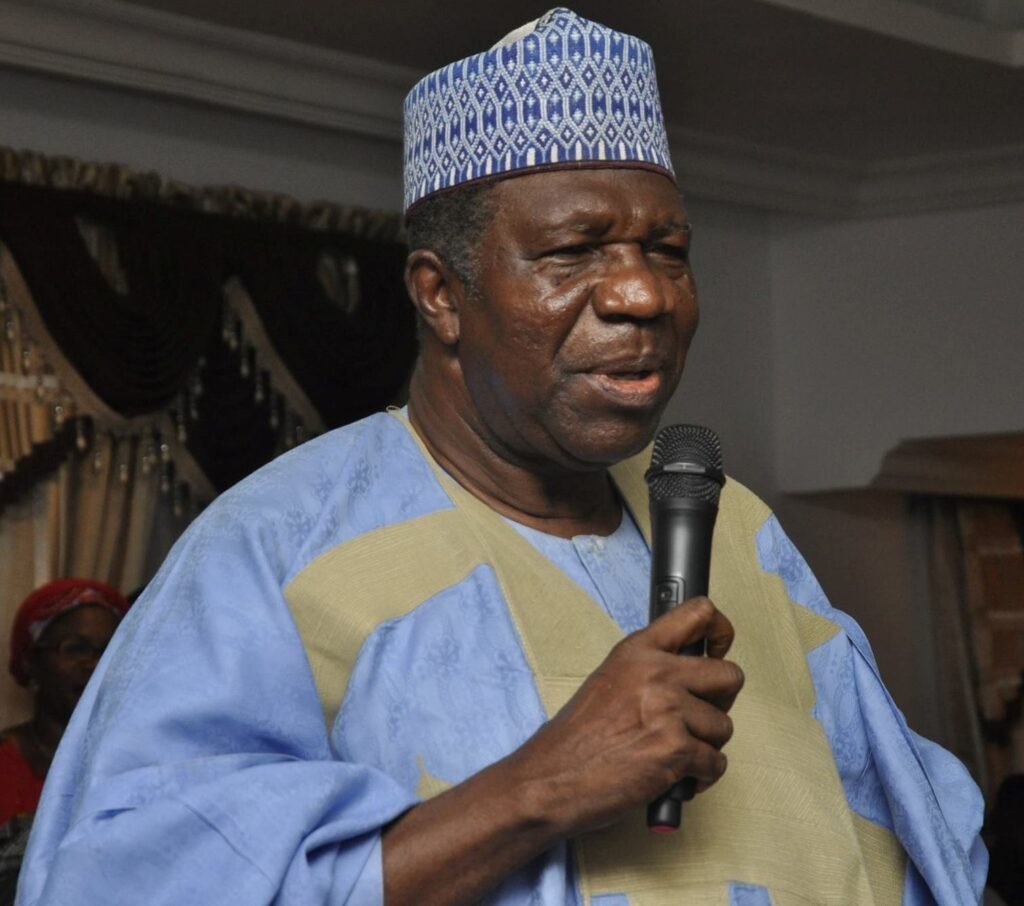
After Iyorchia Ayu was impeached by senators allied with the interim government arrangement, a three-way contest between the late Chuba Okadigbo, Ahmed Tijani Ahmed and Ebute resulted in Ebute emerging as President of the Nigerian Senate during the end of the Third Republic, having won the senate presidency seat with a wide margin. Nevertheless, the republic was soon ended and Ameh Ebute was charged with conspiracy in 1994 as part of a crackdown on the junta’s perceived opponents. However, after a period of six weeks in detention, he was released. He is the second senator from Benue State to become senate president.
Evan Enwerem: 1999 (PDP)
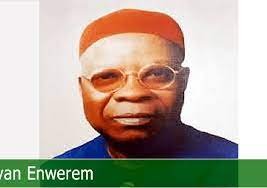
Enwerem became the first President of the Nigerian Senate in 1999 during Nigeria’s Fourth Republic. Enwerem beat his chief rival, Senator Chuba Okadigbo, for the Senate presidency with 66 votes to Okadigbo’s 43 votes, having been backed by former Nigerian President Olusegun Obasanjo. It wasn’t long before a Senate committee began investigating Enwerem for allegations of corruption and falsifying his name, which caused a controversy as to whether Enwerem’s actual real name was Evan or Evans. Enwerem was removed from office on 18 November 1999, in an ouster spearheaded by allies of Chuba Okadigbo.
Chuba Okadigbo: 1999–2000 (PDP)
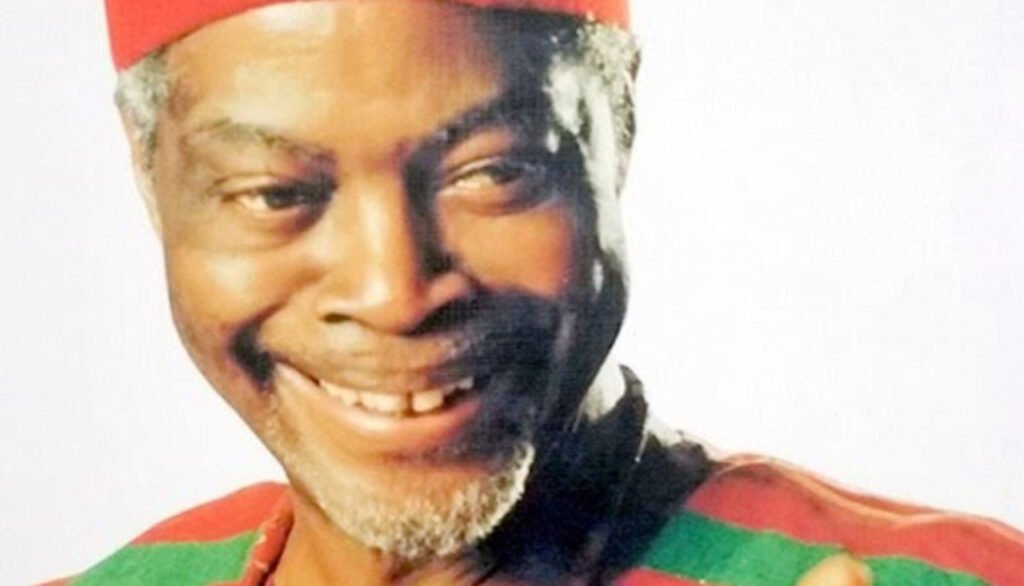
Okadigbo was favourite to be the Senate President at the commencement of the Fourth Republic but, due to Chuba’s disharmony with the executive arm, Evan Enwerem was voted in by the Senate. However, he inevitably became President of the Nigerian Senate after Evan Enwerem was impeached due to corrupt practices. Later on, in 2000, Chuba was charged with corruption and impeached.
Anyim Pius Anyim: 2000–2003 (PDP)

Anyim was elected into the Nigerian Senate in May 1999 for the Ebonyi South constituency of Ebonyi State and was subsequently voted by colleagues as Senate President in August 2000, after Chuba Okadigbo had been impeached, holding office until May 2003.
Adolphus Wabara: 2003–2005 (PDP)

After his re-election in the 2003 general elections, Wabara was elected on the 3rd of June, 2003 to serve as the 10th Senate President of Nigeria, a position he was rejected from during his first tenure as Abia South Senator.
Ken Nnamani: 2005–2007 (PDP)

Ken Nnamani was elected to the Senate for Enugu East in 2003 and became President of the Senate of Nigeria after Adolphus Wabara resigned due to allegations of corruption.
David Mark: 2007–2015 (PDP)

David Mark became the first person to retain the Presidency of the Senate and serve a second term in 2011. He and his deputy were re-nominated without contest. Mark was also the longest-serving senate president (2007-2015) and his deputy, Ike Ekweremadu was the longest-serving deputy senate president (2007-2019).
Bukola Saraki: 2015–2019 (APC/PDP)

Dr Abubakar Bukola Saraki was the first civilian former governor to become Nigerian Senate President and was also the first president of the Senate not to be born in Nigeria but in London, United Kingdom.
Ahmed Lawan: 2019–2023 (APC)

Senator Danjuma Goje stepped down for Senator Lawan for the Senate Presidency race and was elected and sworn in as the current Senate President of the Nigerian 9th Assembly, after defeating his opponent, Senator Ali Ndume with 79 votes to 28.
Godswill Akpabio: 2023 – Present (APC)

Chief Godswill Obot Akpabio CON, born 9 December 1962, is a prominent Nigerian lawyer and politician. Currently serving as the 15th president of the Nigerian Senate since 2023, Akpabio served as the Senator representing Akwa Ibom North-West Senatorial District from 2015 to 2019 and resumed his service in 2023.
List Of Deputy Senate Presidents in Nigeria
The office of the deputy senate president of Nigeria was nonexistent until 18 years ago in June 2003.
Ibrahim Mantu: 2003-2007 (PDP)
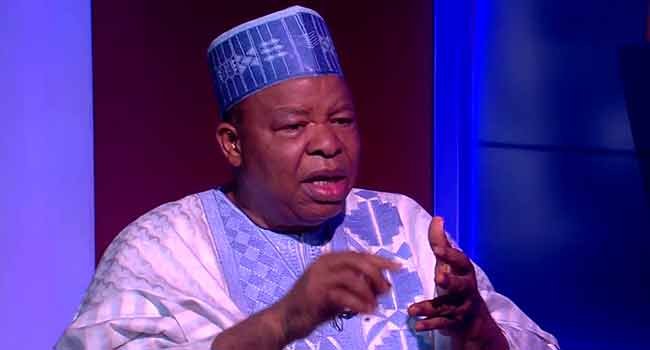
Ibrahim Mantu (16 February 1947 – 17 August 2021) served as the first Deputy President of the Nigerian Senate from 2003 to 2007 and was a member of the Senate of Nigeria from 1999 to 2007.
Ike Ekweremadu: 6 June 2007 – 11 June 2019 (PDP)

Ike Ekweremadu served in the Senate since May 2003 as a member of the People’s Democratic Party and was the Deputy President of the Nigerian Senate for three consecutive (6th, 7th and 8th) senate. Ekweremadu lost his bid to become Deputy Senate President of the 9th Senate having lost to Ovie Omo-Agege who scored 68 votes to emerge the Winner.
Obarisi Ovie Omo-Agege: 11 June 2019 – 2023 (APC)
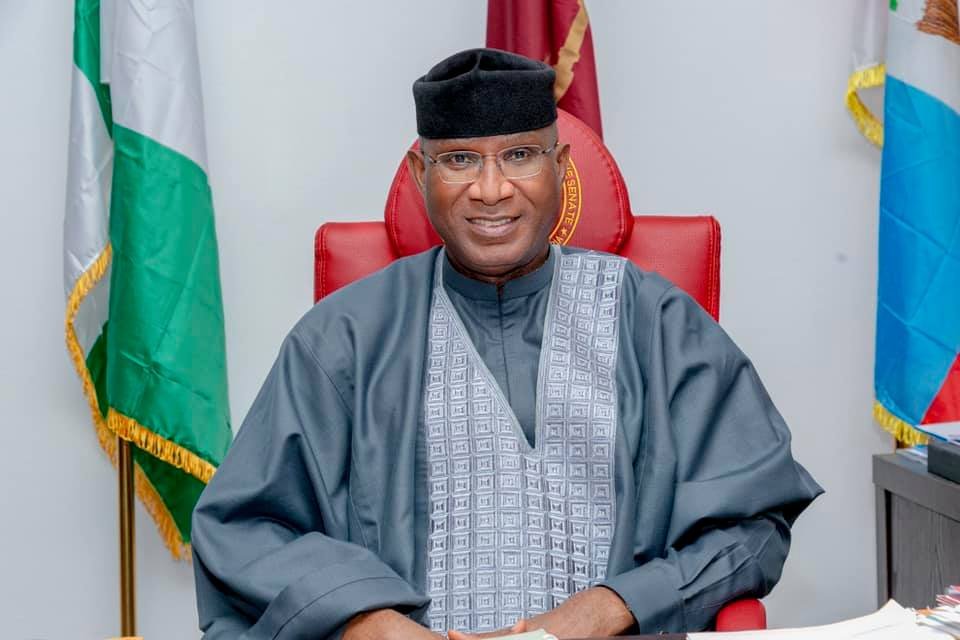
Omo-Agege, who is the current deputy senate president, was re-elected as the senator representing Delta Central in the 2019 general elections before emerging as the new Deputy Senate President of the 9th National Assembly.
Barau I. Jibrin 13 June 2023 – Present (APC)

Barau I. Jibrin CFR is the current deputy president of the Nigerian Senate since 2023. As a senator representing Kano North since 2015, he emerged deputy president of the newly inaugurated 10th Senate on 13 June 2023 after his nomination for the position was unopposed.
Article updated 4 months ago ago. Content is written and modified by multiple authors.
